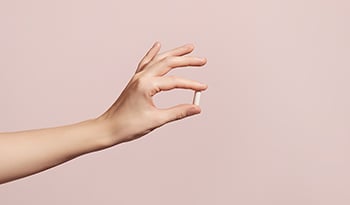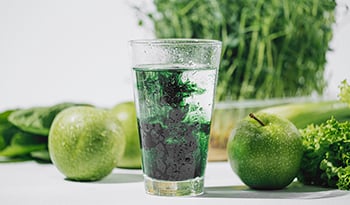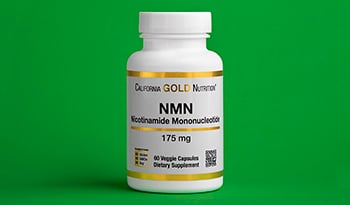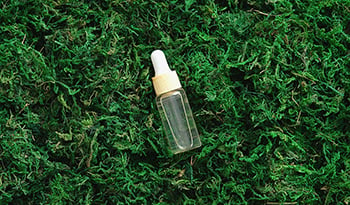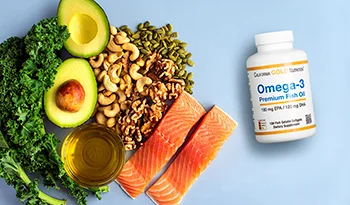Probiotics and the Human Microbiome
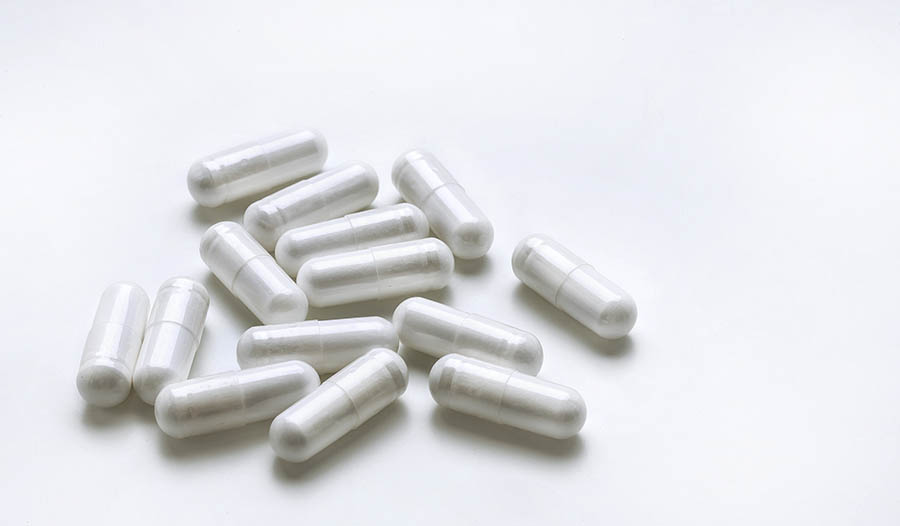
What is the Human Microbiome?
One of the hottest topics in medical research and among health enthusiasts these days is the microbiome. What this term refers to in the genetic material within the microbes that we harbor in our body. The number of microbiota - bacteria, viruses and funguses - that live on or in the human body is enormous. Estimates are that approximately 100 trillion microbial cells from 1,000 different species of microorganism live within or on us in a truly symbiotic relationship.
To a very large extent the human microbiome plays an integral role in our overall health. In an effort to improve the microbiome and thus improve health, many people look to probiotic supplements.
What are Probiotics?
The term probiotic is derived from the Greek and literally means “for life.” It is used to describe the beneficial bacteria that inhabit the human intestinal tract. Probiotics include not only the freeze-dried bacteria in capsules available at your health food store, but also fermented foods such as yogurt, sauerkraut, and kefir as well as specific supplements containing freeze-dried bacteria. The specific microorganisms found in these products are usually lactobacilli and bifidobacteria. These bacteria are the major probiotics in the human intestinal tract.
The Role of the Microbiome in Health
Research on the microbiome is focusing on four key areas of importance to our health: nutrition, immunity, behavior and disease.
- Nutrition: Gut bacteria play a huge role in digestion and absorption of nutrients.
- Immunity: The development and maintenance of excellent immune system function require gut bacteria. Not only in terms of preventing infection but also allergies and autoimmune conditions.
- Behavior: The microbiome also affects the brain and behavior. Some researchers are starting to refer to the gut microbiome as the "second brain." There are strong between the gut microbiome and brain disorders such as depression and autistic spectrum disorder (ASD).
- Disease: There is a growing number of disorders that have been strongly linked to an altered microbiome including inflammatory bowel diseases, irritable bowel syndrome, obesity, and type 2 diabetes.
The Human Microbiome Project
There are some big research projects seeking to better understand the role of the microbiome in health and disease. In 2007, the National Institutes of Health (NIH) launched the Human Microbiome Project. Researchers in Europe and China collaborated to launch a similar program, the Metagenomics of the Human Intestinal Tract project (MetaHIT). And, in 2013, another Europe-funded project was launched, dubbed MyNewGut. Here is what we know right now:
- The human microbiome plays a key role in not just the health of the gastrointestinal system but affects virtually every system in the body.
- The benefits of some health-promoting diets, like the Mediterranean Diet, are related to their effects on the microbiome.
- Diets that are diverse in composition provide the greatest benefit to the microbiome.
- Antibiotics are associated with significant harm to the microbiome and their overuse needs to be curtailed.
- Probiotic supplementation can help promote a more favorable microbiome.
What to Look for in a Probiotic Supplement
The quality of probiotic supplements depends on two main factors, (1) the characteristics of the strains contained in the supplement and (2) adequate viability so that sufficient numbers of bacteria are viable at the point of consumption. Viability at consumption depends on a number of factors, such as proper manufacturing and the “hardiness” of the strain, as well as packaging and storage of the product in the right amount of moisture and at the correct temperature.
Strains of bacteria can be likened to different breeds of dogs. All dogs belong to the genus Canis and the species familiaris. Within this one species is great diversity in size, shape, strength, and other physical characteristics—ranging from Saint Bernard to the Chihuahua. A similar division occurs within species of bacteria. Within each species of bacteria, there is a multitude of strains. Some probiotic strains are resilient and strong, able to survive passage through the upper gastrointestinal and inhibit pathogenic bacteria, and others are weak and cannot survive or kill pathogenic bacteria.
What all of this means is that consumers must utilize products developed and manufactured by companies that have done the necessary research to ensure the viability of their product.
What is the right dosage for a probiotic?
The dosage of probiotic supplements is based solely on the number of live organisms present in the product, therefore I recommend using products that list the number of live bacteria at expiration versus at time of manufacture. Successful results are most often obtained by taking between 10 billion and 20 billion viable bacteria per day.
ОТКАЗ ОТ ОТГОВОРНОСТ:Този УЕЛНЕС ХЪБ няма за цел да поставя диагнози...















































































